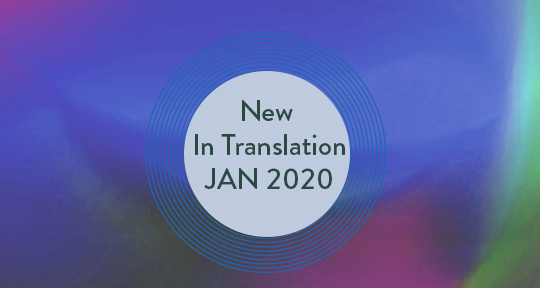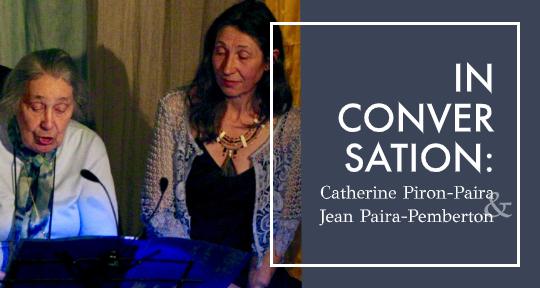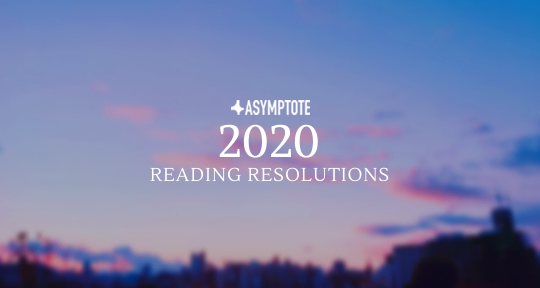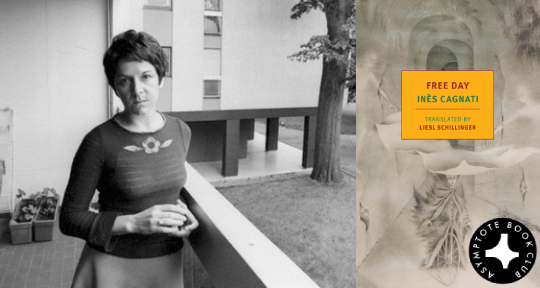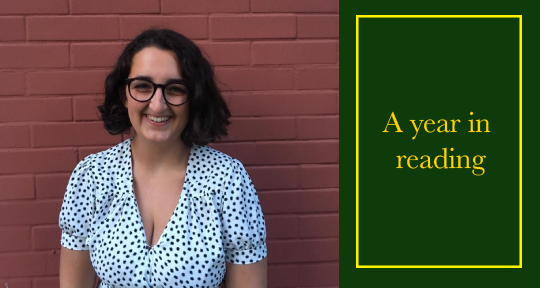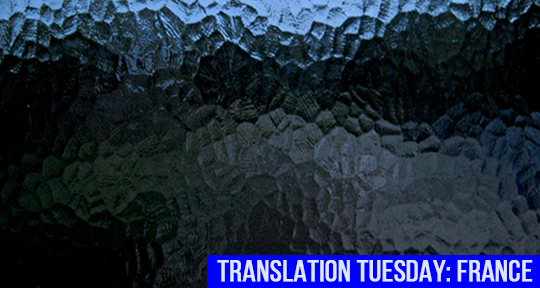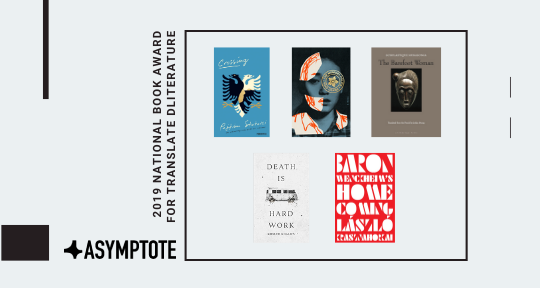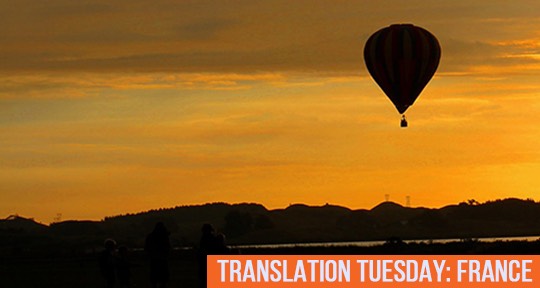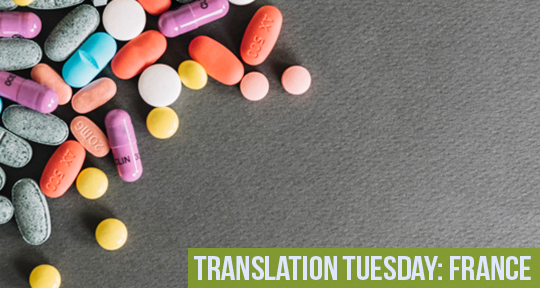We’re starting up 2020 with what we do best: bringing you a selection of brilliant titles that have most recently landed in world literature. Our picks this month span the radical, the intimate, and the dark, with the stunning cross-section of twentieth-century Cuban society, a collection of essays by the notorious Jean Genet, and an Israeli tale of survival and struggle told in a great feat of imagination. Go ahead and take advantage of that new-year urgency to fulfill your resolution to read more, and start here.
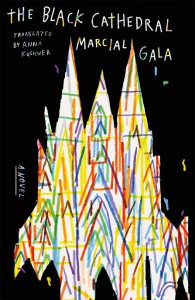
The Black Cathedral by Marcial Gala, translated from the Spanish by Anna Kushner, Farrar, Straus and Giroux, 2020
Review by Leah Scott, Social Media Manager
A dark mosaic of interwoven narratives, The Black Cathedral by Marcial Gala lures the reader straight into the complicated dramas of Cienfuegos, a small Cuban town riddled with poverty and conflict. The novel features a broad cast of idiosyncratic characters, whose histories we come to understand not only through their own unique voices, but by the tales told by others; Cienfuego’s harrowing history emerges through decades of local gossip, placing the reader right at the center of the town’s most turbid rumors and confessions—stories that ultimately culminate in a vicious and bitter end. READ MORE…

